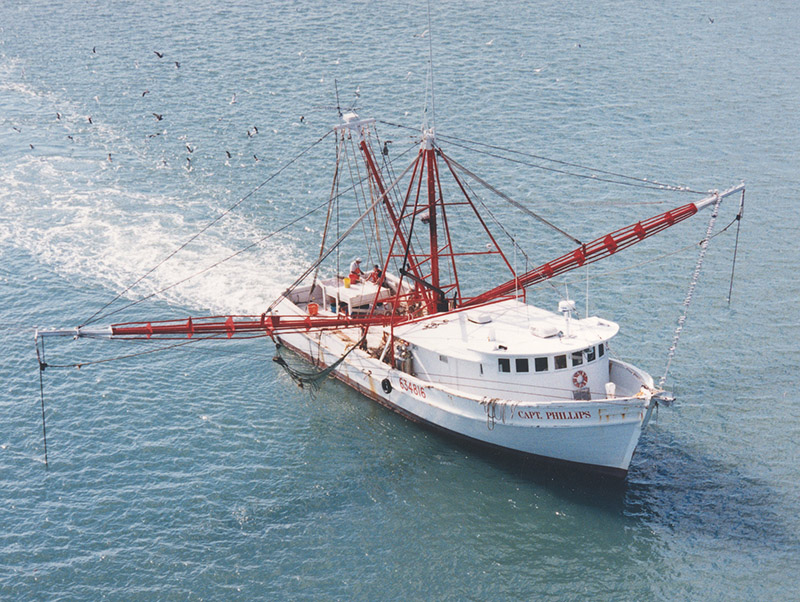Proposed guidelines would require fishing days, income minimums
Defining the title “commercial fisherman” may sound simple, but the task seems anything but for North Carolina fisheries officials.
A special three-person committee met Jan. 11 in Morehead City, N.C., to formulate guidelines defining a commercial fisherman. 2017 data from the state’s Division of Marine Fisheries showed that nearly 3,000 licensed fishermen sold seafood to dealers totaling just shy of 60 million pounds worth $94 million. Roughly 4,000 others bought licenses without selling a catch to a seafood dealer.
“They’re going around the bag limits,” said Sammy Corbett, chairman of the Marine Fisheries Commission and member of the three-person committee proposing new guidelines. “It’s such a crazy issue.”
Approved at the meeting were three main guidelines to define a commercial fisherman: 50 percent earned income from fishing, three dozen trip tickets per year or proof of $10,000 income from a commercial operation for crew members. The missing key point is whether the guidelines are connected with an “and” or “or.”
Two additional guidelines suggested that inactive licenses that don’t meet the main criteria for three years will go into a special pool, and that the licenses may be reissued to owners one time after they prove a commitment to the approved criteria.
Heritage licenses can be maintained but not used for a $100 fee per year and can be activated one time to a family member. Or, the license can be permanently retired for a one time fee of $100.
Glenn Skinner, executive director of the North Carolina Fisheries Association, believes the effort is a ploy to further restrict commercial fishing.
“It’s simply wrong to restrict who can and can’t get a commercial license,” said Skinner. “I believe it goes against the Constitution. I don’t believe they have the right to determine how often somebody goes out.”
Results from the Jan. 11 meeting will be taken back to the full commission in February to be discussed further.
“Nothing here is etched in stone,” said Corbett.







